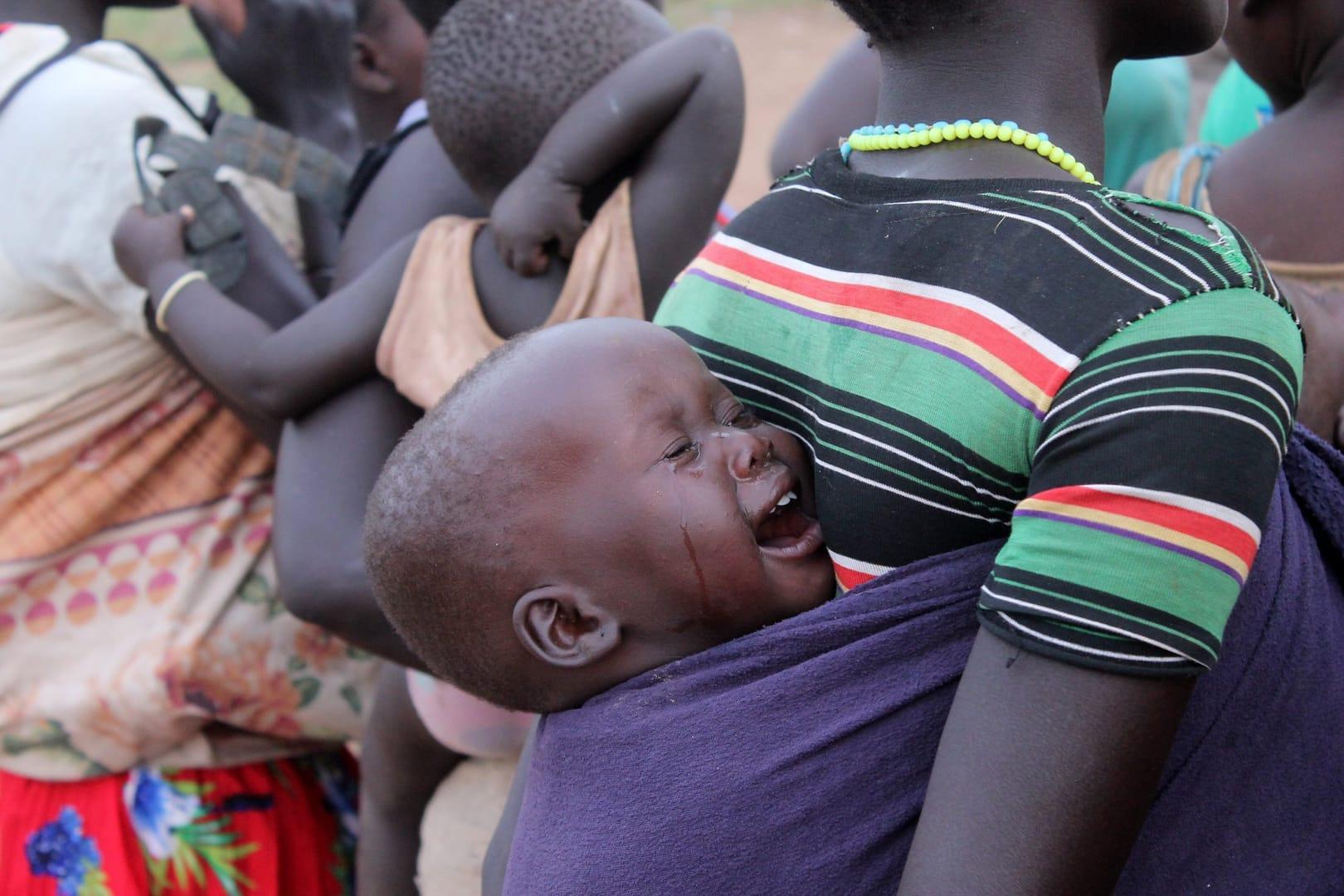YAOUNDÉ, Cameroon – New legislation passed by the U.S. House of Representatives could be a “triumph for the tens of millions of children overseas whose potential is yet to be realized,” according to the U.S. bishops’ international development agency.
The Global Child Thrive Act passed in the House on Sept. 22 with bipartisan support, and is now headed to the Senate.
It will tie U.S. foreign assistance to childhood development activities and tackling child malnutrition.
“We’re grateful for the leadership of those in the House who acted on behalf of the world’s most vulnerable families,” said Bill O’Keefe, executive vice president for mission, mobilization and advocacy at Catholic Relief Services (CRS).
Leila Nimatallah, a senior policy and legislative specialist for CRS told Crux that the new legislation could help reduce the risks associated with lack of early childhood interventions.
“According to the Nobel prize-winning economist James Heckman, those who don’t have access to early childhood interventions are likely to earn 25 percent less in their lifetimes. Other studies have shown that children who live through prolonged adverse childhood experiences during their early years live shorter and unhealthier lives,” she said.
Following are excerpts of Nimatallah’s email interview with Crux.
Crux: Why is this proposed legislation such a big step for child protection?
Nimatallah: If passed into law, the Global Child Thrive Act would integrate early childhood development into the U.S. foreign assistance programs that serve vulnerable children and their families. Early childhood development includes activities like teaching parents that 80 percent of a child’s brain grows between conception and age two, and that the brain is malleable and greatly influenced by the experiences of that child.
Parents learn that even before a child can talk or walk that it is critical that they create a loving, nurturing, playful and safe environment to ensure the child reaches his or her God-given potential. In addition, parents are taught that harsh punishment can disrupt the optimal brain growth of children. Instead, they’re encouraged to use positive reinforcement. At CRS, we’ve witnessed the benefits of these approaches. For example, we’ve seen how the relationships between family members become strengthened and enhanced.
The Lancet estimates that 250 million children overseas are at risk of suboptimal development caused by poverty, nutritional deficiencies and inadequate learning opportunities. How does this affect Africa in particular?
Children in sub-Saharan Africa are especially vulnerable. At the time of the Lancet report in late 2016, it was estimated that more than 60 percent of children were at risk of poor development because of stunting and poverty. The risks are even greater in the age of COVID-19 when there is worsening food insecurity.
CRS implements early childhood development programs in 20 countries worldwide, serving more than a million children and their families. How much of this is in Africa?
The majority of our early childhood development programming is implemented in Africa, including in Mali, Burkina Faso, Ghana, Nigeria, Cameroon, Sudan, South Sudan, Uganda, Kenya, Rwanda, Tanzania, Malawi, Zambia, Lesotho, Ethiopia and Sierra Leone.
What are the risks children face without these interventions?
A child’s entire future is at stake without these interventions. According to the Nobel prize-winning economist James Heckman, those who don’t have access to early childhood interventions are likely to earn 25 percent less in their lifetimes. Other studies have shown that children who live through prolonged adverse childhood experiences during their early years live shorter and unhealthier lives.
What could be the larger implications for society if those interventions are lacking in children?
The implications are massive and affect every aspect of society, including the health and wellbeing of the individual, the strength of the family, and the strength of the nation’s economy. The big picture means that the cycle of global poverty and suffering will continue.
What more can Catholics do to help?
Catholics and other supporters have been raising their voices to get the Global Child Thrive Act passed in both the U.S. House of Representatives and Senate as part of CRS’ Lead the Way campaigns. Thanks to their emails, phone calls, media placements, social media and meetings and events to engage their members of Congress, the bill has taken another huge step forward with the passage on the House floor.
The next step is to help get the Global Child Thrive Act passed in the U.S. Senate. Readers can join the movement to support children around the world to reach their God-given potential by completing this action alert and sending an email to their U.S. Senators here and at crs.org/leadtheway.

















